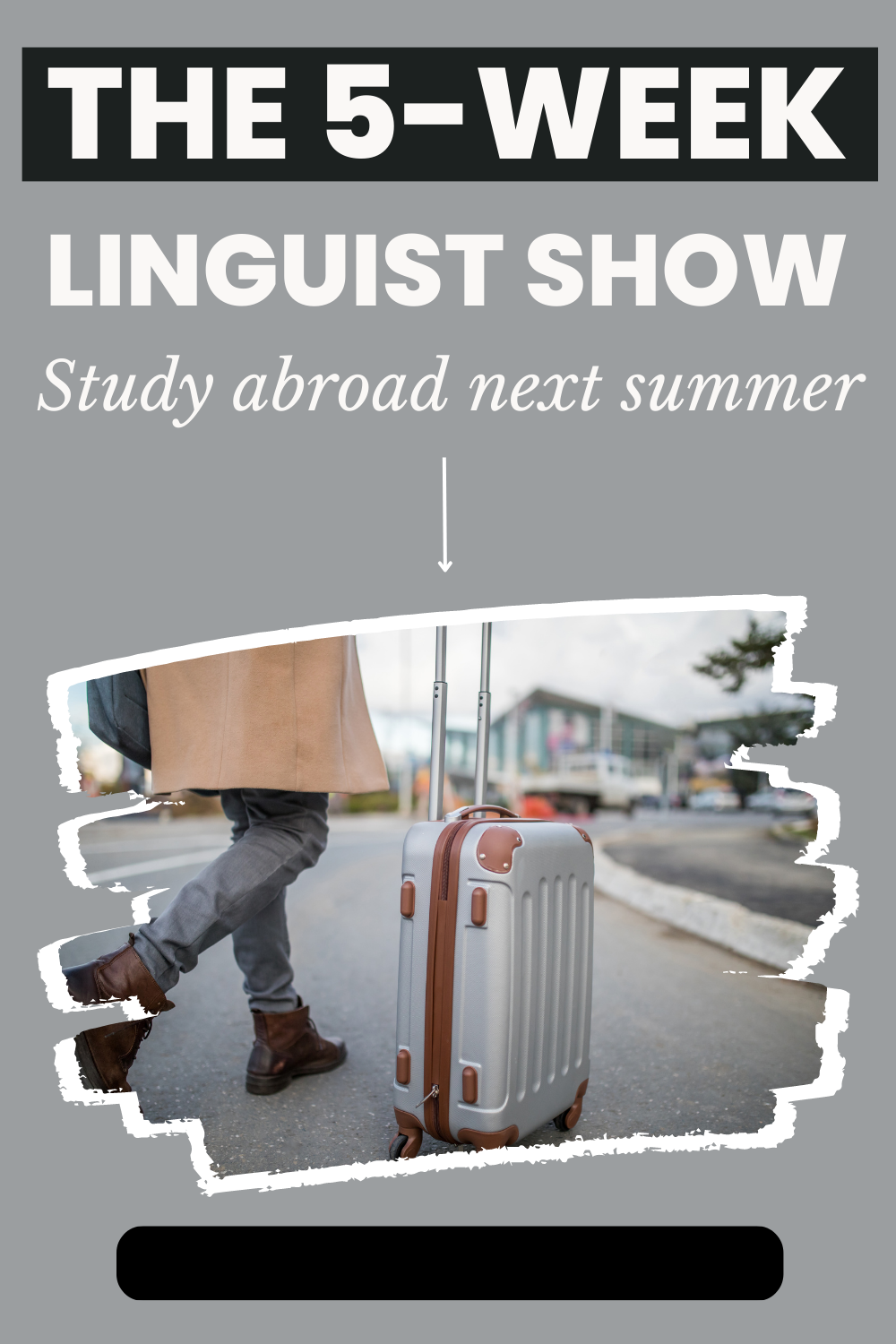The Five-Week Linguist: Exploring Private Language Schools
Welcome to the Five-Week Linguist blog! This week, we are delving into the world of private language schools. I have always been intrigued by private language institutions worldwide, though I personally prefer studying abroad rather than local language schools. Here’s why.
As a novice or an ‘A’ level language learner, there is a wealth of resources available that can aid in your language acquisition journey. At this level, I feel that traveling abroad may not be necessary or the most effective way to learn. This is because, with the right techniques, a novice language learner can make substantial progress in a mere five weeks without needing to leave their home country.
With a consistent learning plan, even if you’re a complete novice, you could experience impressive progress within five weeks. Although you might not become fluent or move beyond the novice range within this period, you could find yourself being able to construct your own sentences.
A small investment of no more than half an hour a day can significantly boost your language skills. It’s important to note, however, that progressing through the intermediate or ‘B’ level, and the advanced levels requires more time. You can typically expect to spend twice as long on the intermediate level and thrice as long on the advanced levels.
The Foreign Service Institute has done considerable research on the number of hours required to achieve language proficiency. While these estimates are valuable guidelines, they are based on profiles of full-time language learners who often have experience learning other languages. For an average learner with different commitments, the time investment could be different.
I’ve personally done a ‘200-hour challenge’ spread over five weeks during my summer breaks. This involved utilizing free time to immerse myself in language learning through apps, videos, and language practice platforms like iTalki. The experience was rewarding, and I made substantial progress. However, I found this approach was not sustainable in the long run due to its intensity.
Language learning should ideally be a lifestyle rather than a race. Learning at a steady pace, without disrupting your regular life or causing undue stress, is essential. An intense immersion experience, like my 200-hour challenge, might yield quick results, but it isn’t a practice I would recommend repeating.
With that said, is it worthwhile to invest in traveling abroad for a language course when you’re still a novice learner? While there’s nothing wrong with doing so if you have the resources, be aware that spending more than half an hour at a time on language learning at this level can be mentally draining.
Many of us have work, families, and other responsibilities that may not allow for such a demanding schedule. Moreover, being in a language school all day as a novice learner can be exhausting due to the intensive listening required when you’re still unfamiliar with the language.
Instead, consider focusing on building your language skills at home at a pace that fits your life. In time, once you’ve reached an intermediate level and put in significant hours of study, attending a language school abroad might become a more beneficial and rewarding experience.
So, why not plan to make significant strides in your language journey in five-week intervals over the next year, in a way that truly fits into your life?
Teaching Languages | Pleasurable language learning | Week 5
Speak fluent French in 2023 | fluency recording + tips #3
Free workshop: 7 Essentials to Speak Spanish Like a Native
